
Imagination is fundamental to success in, well, pretty much everything. Yet, strangely, many thought-leaders and experts are pushing humans to hone skills that robots can do a billion times better and faster (like working 24/7).
Problem is, if we train like robots, think like robots, and act like robots, we’re doomed to be replaced by them.
Our best insurance for rising to the top of our profession—ANY profession—is to refine what’s essentially human. We’re wise to become the best in those areas where computers, apps, and robots don’t hold massive advantage.
These areas require a robust right brain and well-developed imagination…which might just entail a lot of ‘wasting time.’
How This Started
As y’all might know, I consume a ridiculous amount of books…all kinds of books. Novels of every genre, non-fiction, self-help, books about business, leadership, finance, and entrepreneurship.
Recently, I started listening to Daymond John’s Rise and Grind. Why? Because I loved, loved, loved The Power of Broke and recommend that book to everyone…all the time.
I’ve listened that book it at least six times and learn something new with every pass.
That book challenged my outdated thinking and was a swift kick in the tail to come up higher. The Power of Broke revealed—in Technicolor—where and why I was stalling, and reprogrammed a vast mental library of archaic business advice I was unaware I even had.
This book empowered me and unlocked creative solutions to some tough problems facing creative professionals in particular. Hands down The Power of Broke should be a staple in any entrepreneur’s (or author’s) library.
Rise and Grind? We’ll get to that.
Gathering Seed

Reading books, for me, is like gathering seed to plant better ideas in my life and the lives of others.
I had high hopes for Daymond John’s Rise and Grind because I’m a firm believer in a solid work ethic. Despite my initial excitement, this book has been challenging for me to finish, because it’s tough to press on when you feel your profession’s been knifed.
***And for anyone who’s followed me any length of time, y’all know I have serious rhino skin.
Anyway, Daymond made a claim early in Chapter Three of the book that put a bee—no a swarm of bees— in my bonnet. I might have chosen to pass over this ‘advice’ and not say anything because opinions vary, etc. No big deal. Move on.
Problem is, as much as I read, I’ve spotted a dangerous pattern among success and business experts. Activities they condemn, dismiss, and admonish as a ‘waste of time’ might be the very activities that will prevent us all from being replaced by an app.
That never has a sick day.
Excuse Me?
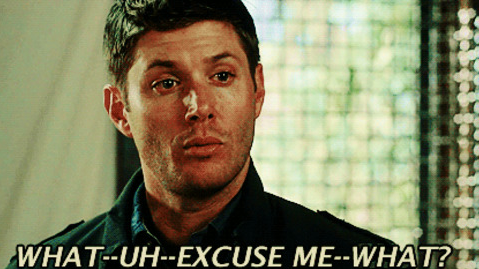
Reading a lot of books is not enough. It’s imperative we make sure to read while critically thinking, listening actively, and making sure that what’s being given as ‘advice’ makes sense and is consistent with the overall message.
Thus, this quote in particular left me scratching my head and more than a bit peeved.
At first–for brevity–I was only going to quote it in part, but context in this case does matter, and I added in my impressions while listening to this section of the audiobook.
Daymond John:
The time will never be perfect so you can only make perfect use of your time (I agree!). You know, one of the positive habits I’ve developed in this area has more to do with what I don’t do than what I DO do (Again, YES!). And it goes to make sure I have time enough for the big stuff (Amen!).
And what I DON’T do is watch a lot of television (Hold up, what?).
That was never really my thing (fair point), although these days with all these great shows like Game of Thrones and Walking Dead that everyone seems to be binge-watching left and right, it gets tougher and tougher to resist that temptation. I’m made to feel like I’m missing out and I guess I am…but I’ve got THINGS to do, man (Oh-kay).
Nothing against all you folks who make the time to binge watch these shows (Really? What about the writers and creatives? No, not insulted AT ALL) but it doesn’t feel to me like I have all the time to sit in front of the television.
Oh, I’ll watch a nature show every once in a while or a documentary. I’ll keep up on the news and anything educational (*left eye twitches* because vast stories with complex plots, detailed worlds, and layered characters aren’t at ALL educational) or business related and, of course, I’ll be sure to tune into every new Shark Tank episode (Of course).
But I try to avoid all these great story-driven shows like Homeland or Empire. Why? Because they’re just stories (JUST STORIES—WTH?). Because you get caught up in them. Because they’re addictive (which is why they are billion-dollar franchises, btw). Because there’s a lot I have to get done, and as good as these shows are, they’re not worth what I’d have to give up.
Um, okay…..
Why This Vexed Me
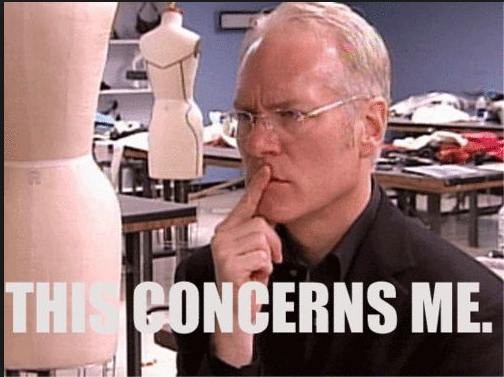
Granted, I’m hesitant to disagree (even politely) with The People’s Shark since I’m an still an avid fan, love his work, and have learned tremendously from him. Also, who am I? I’m not a gazillionaire with a vast empire and private jet.
Why did this seemingly innocent declaration twist such a knot in my knickers?
First, because Daymond John initially made his name in fashion. Using his odd logic, why aren’t fashion shows, fashion magazines and looking at pictures of clothes on Instagram a total time waste as well? Seems more than a tad contradictory, but this was not what slammed my mental brakes.
It’s because Daymond John is not the first expert/guru to essentially state that ‘just stories’ have little to no value.
Because writers don’t have a hard enough time with self-worth.
Daymond John may feel these ‘great stories’ aren’t a wise use of time. But just as he challenged MY thinking in The Power of Broke, I can see no better way to honor the gifts he’s given me than to return the favor and challenge his thinking as well.
Words Have Power
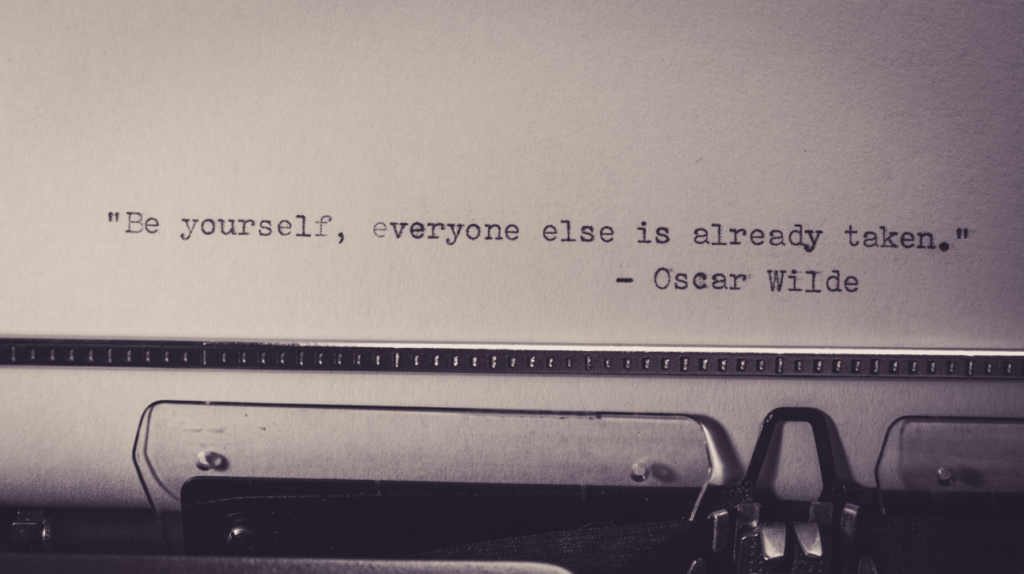
First of all, every major change in human history started with a writer and a story. Storytellers are the usurpers, the visionaries, the advocates, and the subversives…which is why we’re often lined up and shot. Writers have taken down kings, toppled empires, and changed human hearts and minds more than any other force.
Powerful influencers would be wise to appreciate the power of words.
Experts like me are struggling to get writers to value themselves, their work, and their contribution to the world. We’re desperate to coax writers (who can be a lot like feral cats) out from under the dust ruffle to learn more about the business of their business.
Writers don’t want to read entrepreneur books, and frankly, I can’t blame them. Too many of these guides callously dismiss writer dreams as ‘valueless time wasters.’

Thoughtless commentary from cultural idols (which is then taken as fact by everyday people) is precisely why creatives are hurting. We’re blasted, mocked, and told to get ‘real jobs’…from the same peers who spend vast amounts of time and income enjoying the fruits of what writers create.
Last I checked Universal Studios Hollywood built an entire theme park devoted to Harry Potter…not to Napoleon Hill.
Yet, the larger point of this post is that diminishing the arts negatively impacts every entrepreneur, not only the author entrepreneur. Let’s unpack how…
The 90/10 Rule
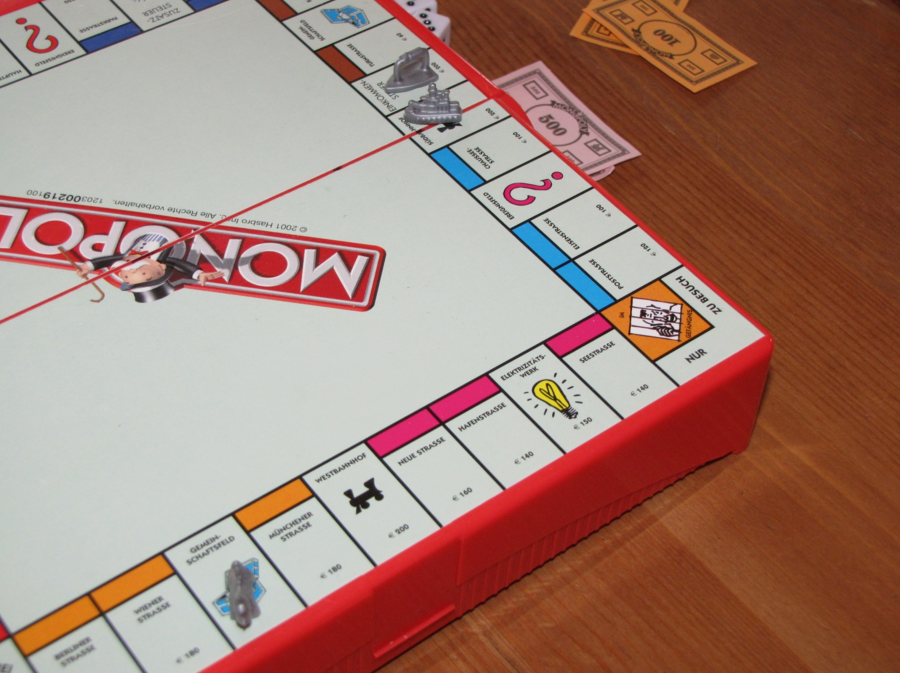
Many of you have likely heard of the 80/20 Rule also known as the Pareto principle, also referred to as the law of the vital few. In short, 20% of our activity will account for 80% of our results.
Though y’all might have heard of the 80/20 rule, you may not have heard of the 90/10 rule, which specifically applies to the game of money.
Ten percent of persons in any field, hold and share ninety percent of the wealth. The remaining ten percent of wealth is then divided among the remaining ninety percent of participants.
In professional sports, ten percent make ninety percent of the wealth. In real estate, entertainment, food service, professional speaking, fashion, and on and on.
The same holds true in writing. Ever heard of Stephen King?
Now, before anyone gets depressed, remember this is a RULE. Thus, by definition, rules can be changed or even broken. As I say when teaching craft, ‘We have to know the rules to break the rules.’
Pursue as much instruction as possible, but be brave enough to politely disagree and be able to articulate WHY.
Wasting Time
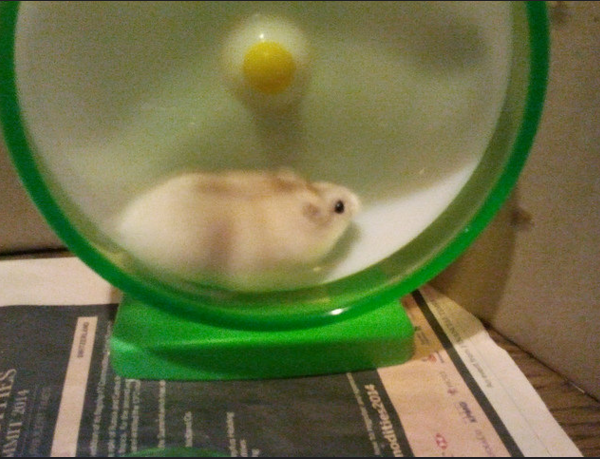
Image via Flickr Creative Commons, courtesy of Daniel Davis
I agree. We all get the same twenty-four hours in a day as Leonardo da Vinci, Michelangelo, Einstein, etc. I get it. Dreaming is useless without the doing. We can dream for years about being a mega-author, but we need to write a book.
Ah, but here’s the kicker. We can’t write just any book to break into that top ten percent.
Rising and grinding isn’t all that remarkable. Plenty of people hustle every single day, yet leave no enduring legacy. This tells me there’s an additional ingredient—an X Factor—essential for transforming dreams into reality.
What is YOUR Business?

Our culture spends an absurd portion of their income on entertainment, meaning this is a VERY lucrative business for those who are the best at what they do. Yet, bizarrely, success experts spend an awful lot of time shaming those who spend large amounts of time reading fiction or watching series or movies.
Clearly, people who immerse in these ‘worthless’ activities are wasting time.
Which doesn’t jive with reality and actual facts.
Quentin Tarantino is a legendary filmmaker, but HOW did Tarantino make it to the top of Hollywood?
As an adult he found one obsession, watching films on his VCR. It was from this obsession of watching movies over and over again that Quentin learned about film making. As a result of watching so many videos at his local video shop, Video Archives invited him to work for them.
And the rest is film making history.
Imagination Must Be Valued & TRAINED
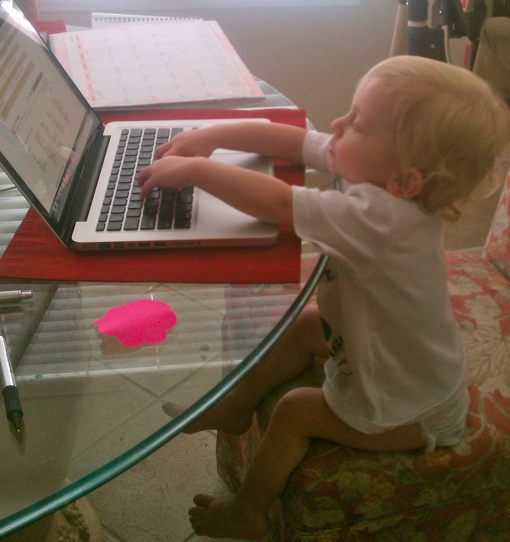
Creativity and imagination are fundamental for success in everything, not only the arts. Why so many entrepreneurs and businesses fail is they’re bad retreads.
The idea, product, service is a regurgitation of more of the same. A copy repackaged. There’s nothing innovative, exciting or alluring about what they’re offering.
Millennials take a lot of heat for being lazy goof-offs who spend too much time consuming entertainment. Yet, this generation is also turning out a ridiculous number of self-made multi-millionaires who aren’t yet old enough to legally buy beer. Why? IMAGINATION.
Imagination is what transforms dead ends into challenges and problems into puzzles. Creative people don’t see a wall, they see a way to practice parkour ;).
Can we say Apple?
Binge Training
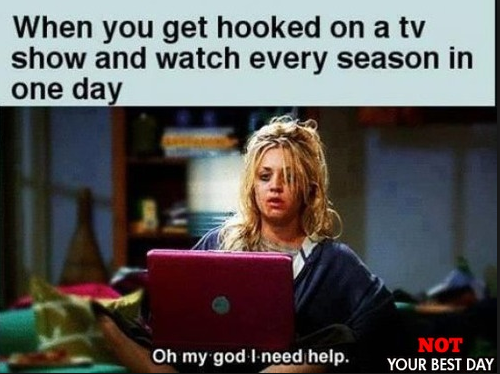
For Daymond John and other success gurus, maybe binge-watching Walking Dead or Game of Thrones is a time waster, but that’s pretty limited thinking. For storytellers who long to be the best of the best, watching these series is pure time-management GOLD.
In my POV this is maximizing time, squeezing vast training into a condensed form. Every show I watch, I do with purpose, studying character, dialogue, pinch-points, plotting, subtext, world-building, setting, arc, theme, etc.
That ten percent we mentioned earlier? Those are the creators who land HBO series and movie deals. If my goal is to join their ranks, what better way than to relentlessly STUDY their work?
I can watch GoT then read or listen to the novels to see how George R.R. Martin delivered the same story using words. This allows me to study my craft from multiple angles and in a variety of ways.
Watching television and movies can be a dumb use of time, sure. But only if we allow it. If we watch the wrong content or only consume passively, then we lose out on a vast reservoir of that X Factor.
The Power of Story
Stories train critical thinking, to question authority and even reality, to refuse to accept one’s lot. Stories teach triumph in the face of overwhelming odds.
The vast complex stories like Game of Thrones, Orange is the New Black, Dexter showcase a vast array of perspectives, immerse us in how other people think, feel, react (people who are not JUST like US). Stories offer an intimate look into what humans long for and value.
Stories also point out weaknesses and failings, ergo the nod to Fight Club above.
Why Many Entrepreneurs Fail
Stories are extremely valuable for any entrepreneur, because (as mentioned) great stories are priceless instruction about humans (code for ‘consumers’).
What do ‘people’ want? Crave? Products change. Technology changes. Humans don’t. Whether it’s the 16th century or the 21st, we want to look good, feel good, have fun, gain an edge, attract a mate, solve a problem, etc.
Yet…
Countless dreamers believe they have a must-have product or service. Problem is, they’ve only used their own perspective and the perspective of those like them in their ‘creative’ process.
They’ve failed to fully use their imagination and envision their groundbreaking idea from every angle…a skill they might have learned by watching more great stories and fewer ‘educational’ programs.
By paying sole attention to the news/media or focusing only on who will buy their product or how much money they might make…they’re prone to end up with market myopia.
Sometimes the product fails to ever take off, because entrepreneurs are essentially selling to themselves. Other times, the product does ignite in popularity, only to go horribly wrong.
American Dream or American Horror Story?
The biggest example that comes to my mind were the inventors of the ‘innovative’ toys and the ‘fake piercings’ (marketed to adults and teens) that used tiny, powerful (and often colorful) magnets.
Unfortunately, the creators failed to anticipate their target market might not be the only ones to ‘consume’ the product. Because these entrepreneurs failed to war-game the product through and from every possible vantage point (like a toddler who’d gravitate to a mouthful of shiny ‘beads’), a killer product idea turned into a killer product…literally.
What began as a dream, ended up every parent’s (and inventor’s) nightmare.
Conversely, other entrepreneurs harnessed imagination to solve problems we didn’t even know we had. By thinking out ‘problems’ from every possible angle, these innovators redefined our world. For instance, we call an Uber, not a taxi, rent an AirBnB instead of a hotel room, etc.
THAT is the power of imagination.
Millennials, according to Forbes, make up 23% of the world’s millionaires and this generation is not exactly known for shying away from ‘time wasting’ activities. Perhaps the reason these crazy kids are thinking in new ways is precisely because they have a healthy relationship with entertainment, play and fun.
Just a thought 😉 .
In The End
The greatest accomplishment of any book, even a NF success book, is to spark dialogue, challenge thinking, and open minds to new ideas. So thank you, Daymond, for again giving me a lot to think about. I’ve learned SO much! We might not agree on everything, but if we did, we might be mistaken for robots 😀 .
I believe in hard work, relentless pursuit of goals and dreams but at the same time, we can never outwork a robot. Imagination is about working smarter not harder. Hustle is critical, but not the only ingredient for reaching our goals.
In the end, believe in yourself and your dreams…even if your dream is to create a multi-billion dollar ‘time-wasting’ empire 😛
What Are Your Thoughts?
Do you get weary of writer shaming? Do you find it odd that success experts criticize creatives…while holding up Michelangelo, da Vinci, Disney, and Einstein as role models? What are your thoughts about imagination, how it may be what protects us from being replaced by an app?
I love hearing from you and am not above bribery!
What do you WIN? For the month of FEBRUARY, for everyone who leaves a comment, I will put your name in a hat. If you comment and link back to my blog on your blog, you get your name in the hat twice. What do you win? The unvarnished truth from yours truly. I will pick a winner once a month and it will be a critique of the first 20 pages of your novel, or your query letter, or your synopsis (5 pages or less).
***January’s winner will be announced next post.
CLASSES!
Business of the Writing Business: Ready to ROAR!
Instructor: Kristen Lamb
Price: $55.00 USD
Where: W.A.N.A. Digital Classroom
When: Thursday, February 15, 2018, 7:00-9:00 p.m. EST
Being a professional author entails much more than simply writing books. Many emerging authors believe all we need is a completed novel and an agent/readers will come.
There’s a lot more that goes into the writing business…but not nearly as much as some might want us to believe. There’s a fine balance between being educated about business and killing ourselves with so much we do everything but WRITE MORE BOOKS.
This class is to prepare you for the reality of Digital Age Publishing and help you build a foundation that can withstand major upheavals. Beyond the ‘final draft’ what then? What should we be doing while writing the novel?
We are in the Wilderness of Publishing and predators abound. Knowledge is power. We don’t get what we work for, we get what we negotiate. This is to prepare you for success, to help you understand a gamble from a grift a deal from a dud. We will discuss:
- The Product
- Agents/Editors
- Types of Publishing
- Platform and Brand
- Marketing and Promotion
- Making Money
- Where Writers REALLY Need to Focus
A recording of this class is also included with purchase.
Self-Publishing for Professionals: Amateur Hour is OVER
Instructor: Cait Reynolds
Price: $99.00 USD
Where: W.A.N.A. Digital Classroom
When: Friday, February 16, 2018, 7:00-10:00 p.m. EST
Let’s get down to brass tacks. Are you going to go KDP Select or wide distribution with Smashwords as a distributor? Are you going to use the KDP/CreateSpace ISBN’s or purchase your own package? What BISAC codes have you chosen? What keywords are you going to use to get into your target categories? Who’s your competition, and how are you positioned against them?
Okay, hold on. Breathe. Slow down. I didn’t mean to induce a panic attack. I’m actually here to help.
Beyond just uploading a book to Amazon, there are a lot of tricks of the trade that can help us build our brand, keep our books on the algorithmic radar, and find the readers who will go the distance with us. If getting our books up on Amazon and CreateSpace is ‘Self-Publishing 101,’ then this class is the ‘Self-Publishing senior seminar’ that will help you turn your books into a business and your writing into a long-term career.
Topics include:
- Competitive research (because publishing is about as friendly as the Red Wedding in Game of Thrones)
- Distribution decisions (because there’s actually a choice!)
- Copyright, ISBN’s, intellectual property, and what it actually all means for writers
- Algorithm magic: keywords, BISAC codes, and meta descriptions made easy
- Finding the reader (beyond trusting Amazon to deliver them)
- Demystifying the USA Today and NYT bestselling author titles
- How to run yourself like a business even when you hate business and can’t math (I can’t math either, so it’s cool)
Yes, this is going to be a 3-hour class because there is SO much to cover…but, like L’Oréal says, you’re worth it! Also, a recording of this class is also included with purchase.
The class includes a workbook that will guide you through everything we talk about from how to do competitive research to tracking ISBNs and distribution, and much, much more!
Time is MONEY, and your time is valuable so this will help you make every moment count…so you can go back to writing GREAT BOOKS.
DOUBLE-TROUBLE BUSINESS BUNDLE
BOTH classes for $129 (Save $25). This bundle is FIVE hours of professional training, plus the recordings, plus Cait’s workbook to guide you through everything from how to do competitive research to tracking ISBNs and distribution and more.

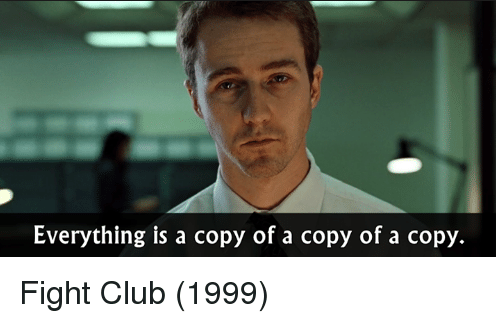
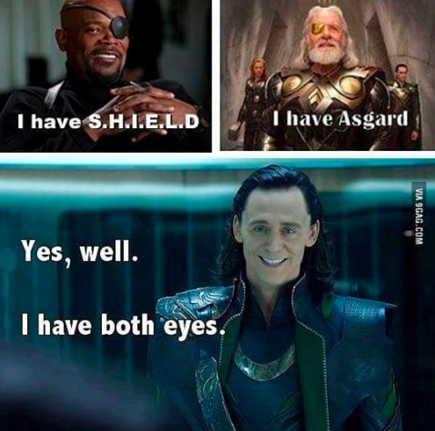
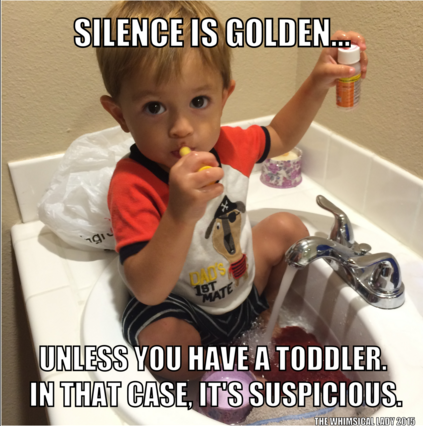
 Instructor:
Instructor: Instructor: Cait Reynolds
Instructor: Cait Reynolds






15 comments
2 pings
Skip to comment form
I disagree with the man, even if he is The Man. The time I spend watching stories unfold in other media is both relaxing–helps me purge what I’m working on a bit so I don’t get wrapped so tight I can’t see where I’m going–and nourishing–shows me ways of story telling, character development and much more. Thanks for your insight, Kristin!
ooohhhh hackles up! Nothing irks me like people who show disdain for watching TV. [reset #3 -trying again without being in rant mode]
To me, the 90/10 idea supports the need for imagination and innovation. And if we consider the entire world population, that 10% turns into a pretty large number.
I have spent my life, well, since I was 14, writing, learning about writing, helping others with their writing, and fighting the stigma that I’m a day-dreaming loser. My dreams have nothing to do with being rich and famous, they all have to do with exploring humans, what they do and why, and then producing stories that help the humans, possibly, grab and hold onto some of what life here is about.
I’ve helped several authors of self-help books (editing them) and have found they simply want to share their idea. And, considering that each of us it as some evolutionary point in our lives, there can be infinite books covering the infinite trials of every point of conflict and confusion.
Writers want to know what makes stuff ‘tick’. And watching TV can help us study what stories resonate with an audience, maybe even show what is the current trend of human concerns. I read reviews of new shows, I check on what shows have been picked up and which failed. I try to understand what stories appeal to what generation and why.
And I agree completely that making a human into something more and more like a robot is just plain creepy. There are/have been plenty of TV shows warning about turning away from our creative selves…
Thanks, Kristen — I did stomp around for a minute and yell at the TV (CNN), but appreciate that minute immensely. :o) You do great, as always.
Humans learn through storytelling. It’s how oral traditions were carried on for years. It’s why the Bible taught through parables. This is how the great Roman orators remembered their speeches.
Science had even proven this.
There a book on change management that discusses this in detail called the Heart of Change.
And there’s a reason for the phrase: The pen is mightier than the sword.
My mind just did a flip. Prior to this, I respected Damond John more than his fellow shark Kevin O’Leary. Given Kevin’s tendency to quote Greek mythology, I now think that Kevin appreciates the value of story more so than Damond. Who would have thought?
I’m with you! Research is great, but if you want to internalize story, or how people talk, or how they act, you’ve got to spend the time. Instinct only comes through submersion.
Example: I spent large parts of my childhood (ok, and adulthood) reading and re-reading Agatha Christie and PG Wodehouse. Time-wasting fluff? I wrote a comic mystery play set in the 20s which was commended in a national competition for having a “terrific command of period and comic convention.”
Why? Because I didn’t have to painstakingly research all that and consciously apply it. I’d soaked myself in it; I knew.
Unpublished and working a second draft, it is demoralizing to hear my efforts are worthless. I was relieved to find you don’t consider it such.
Thank you.
Daymond is a doer, which there’s nothing wrong with that, but he thinks you have to do something to make money.
I’m constantly thinking of plots and characters when I watch TV. It helps to spur my creative juices. Of course, I do watch some for pure entertainment . . . like Funniest Home Videos.
I think what too many people don’t realize is that people learn from stories every day, whether they are written down or told at the water cooler at work. Thank goodness we don’t have to directly experience everything in order to learn how to protect ourselves, change a tire, find the perfect outfit, avoid a lengthy delay on the highway, or even make a new dish for our significant other. When one person tells another about their day, they’re telling a story that informs and educates as well as perhaps entertains. Have you read Lisa Cron’s “Wired for Story”? Very insightful!
Knickers likewise-knotted. I’m so weary of the attack on liberal arts. So weary of defending my degrees in the humanities and love of books and the super-rich-have-you-right-where-they-want-you advice to push math and science in order to turn out drone employees and drone citizens to do their grunt work and make them richer.
I’m using this boulder on my shoulder as the main theme in my WIP. A lament on the loss of literacy and the strangely American notion that if it doesn’t immediately make you money it’s useless, nay, a drain on the rest of Americans. Intellects and experts are not to be trusted! Better home-school your kids. . .
Anyhow, here’s hoping the sublimation of my defining rant is successful, because I’m too old to haul around rocks this big.
Don’t mind those who look askance at your distant gaze. Odin saw more with his one eye than all the near-sighted, single-minded denizens in Midgard.
I’m feeling those bees right along with you. Wow. I wonder what Daymond John has to say about the many new enterprises that have sprung up focused on corporate storytelling–i.e., how to harness the power of story to sharpen your connection to your audience/brand? It seems to me that the keenest entrepreneurs recognize the value of storytelling. They’ll be laughing all the way to the bank. Of course, “pure” entertainers (writers, screenwriters, poets, visual artists) don’t always reap the financial rewards. I’m also interested in how we can change the system to make the balance a bit more fair.
Great article! Daymond John sounds brilliant as an entrepreneur and motivational speaker, but experts can be wrong. I’ve learned heaps and heaps from watching television shows. Some of my best ideas have been triggered by shows that I wouldn’t even have considered watching in a million years. We need imagination to thrive.
Author
He is still amazing and Power of Broke is AMAZING. I’m sure he meant it that if people watch this stuff ALL THE TIME at the expense of their dreams, it is an issue. If I’d been his editor though I’d have had him rephrase it ;).
I often forget instructions and details, but I always remember good stories. Agree with Betty’s comments. As humans, we are hard-wired for stories!
What a fascinating article, Kristen! I too bristle when individuals take it upon themselves (whoever they are and however bright…) to ASSUME so much about others. I love learning, even more so now I’m ancient (aware of ‘time’ being such a self-indulgent cannibal…). As a writer, the word eclectic applies as I write such varied ‘copy.’Being retired, I have the luxury of indulging in more reading but often watch television during the evening. If the mind is receptive and the subject matter on the box appealing, why not? All writers, surely,soak up their knowledge of life from many angles: from experiences along the path, travel, people met, books, films, AND television programmes. It is then up to individual writers to use their imaginations to interpret and make their knowledge as unique as they can.
This was a really thought-provoking post, and it did, indeed make me think. I would never consider anything that gave me pleasure: writing a blog; reading; watching TV, even mindless TV, a waste of time. Business-minded people are focused on the outcome–success, aka big bucks; Creative people are focused on the journey, not the final stop.
[…] A Letter to Daymond John: Robots Rise When Imagination Dies […]
[…] https://authorkristenlamb.com/2018/02/imagination-requires-nurturing/ […]